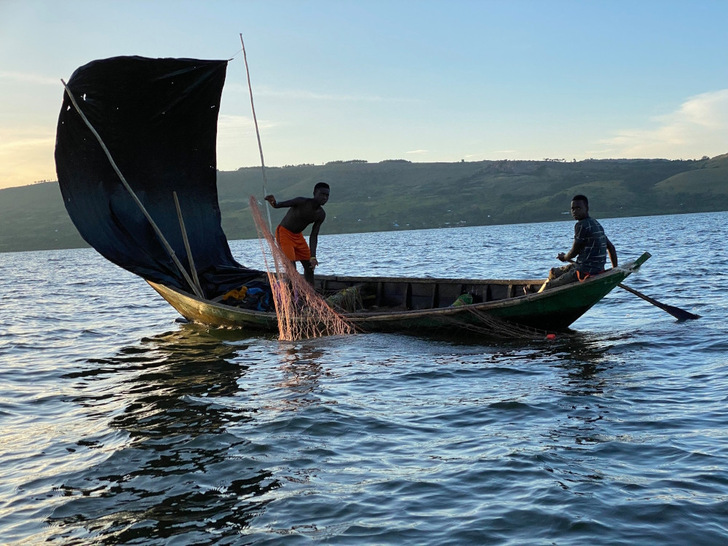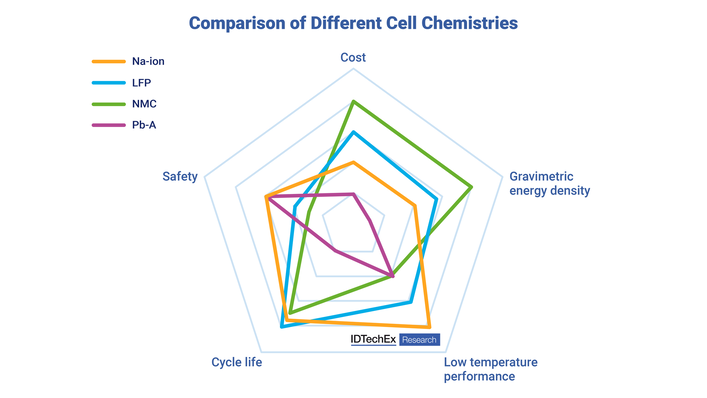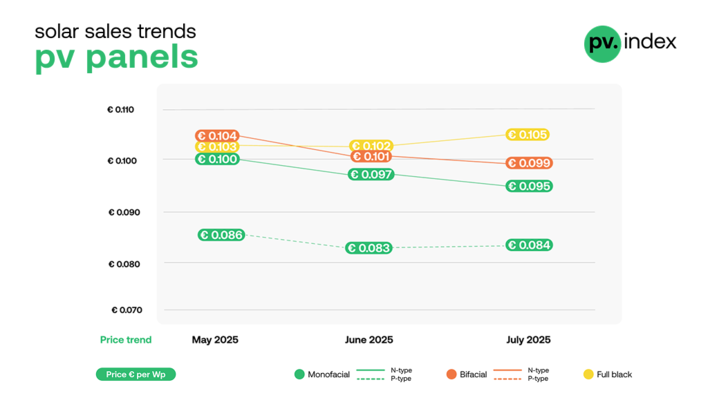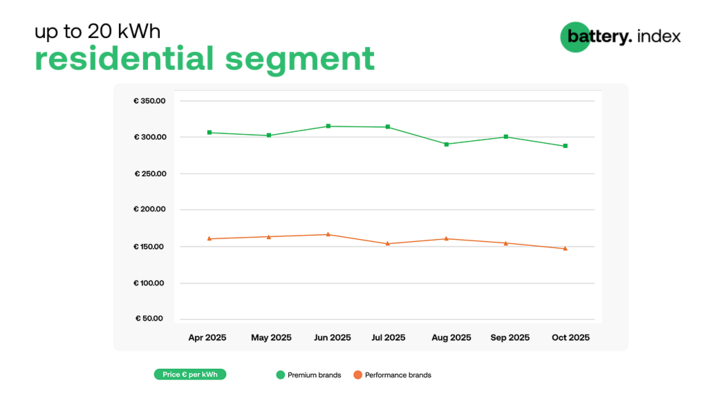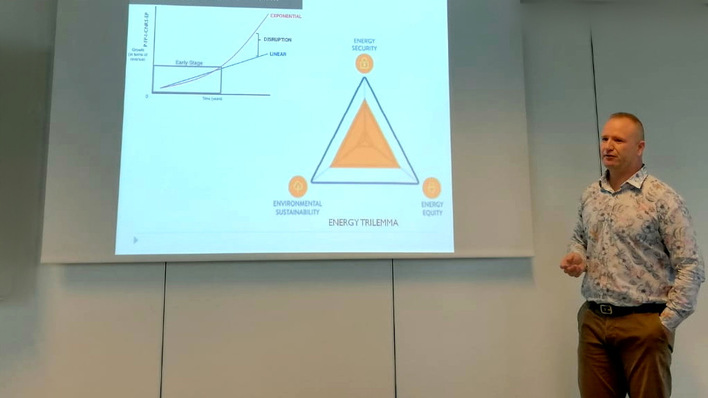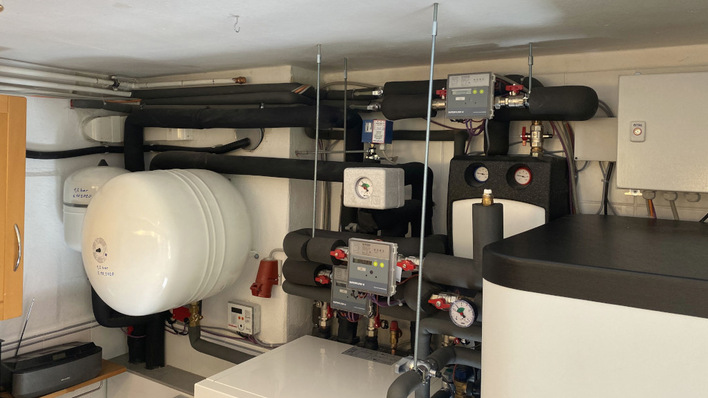A reliable energy supply is a prerequisite for the sustainable development of a society. The start-up Voltaview Africa develops innovative electricity storage concepts and incorporates electrification projects. The first system has now been put into operation in Gambia, West Africa. The initiator of the project is Wolfgang Schade, who heads the "Fiber Optic Sensor Systems" department at the Fraunhofer Heinrich Hertz Institute (HHI) in Goslar, Lower Saxony. The aim is to promote the modular supply of electricity to rural regions in sub-Saharan Africa.
The Voltaview Africa concept focuses on a regenerative cycle: photovoltaics are used to generate electricity, which is stored in mobile, portable lithium batteries that local residents can use as an individual power source. The power plant is based on a modular block construction process and consists of two 10-foot container modules. While one module generates electricity with a 7.5 kW photovoltaic system, the other is used for drinking water treatment. The electricity is stored in 48-volt lithium-ion batteries and housed in robust, portable battery boxes with a storage capacity of 4.8 kWh. Drinking water is treated using UV-C light treatment and special filter technology.
Circular economy guideline
In the spirit of a circular economy, only B-grade lithium battery cells from the automotive industry and recycled photovoltaic modules are used for the projects. Schade is the technical manager of the project. The "Fiber Optic Sensor Systems" department at Fraunhofer HHI has created the basic physical and technical requirements for this together with Clausthal University of Technology. This includes the development of an innovative safety concept for the lithium batteries and a sensor system that enables fully digitalized monitoring and control of the battery storage units and the entire power plant.
Did you miss that? Solar Grandmothers initiative contributes to the rural energy transition
The portable battery boxes can be used to bring electricity directly to consumers. The previously required power grids and diesel generators are thus replaced by the easy-to-operate Voltaview Africa Powerhouse and the portable Voltamove 2Go Powerpacks. The first operational system was recently inaugurated in The Gambia in the fishing village of Balingho and handed over to the villagers. The system provides a self-contained overall concept: the Voltamove 2Go battery packs are being used to power fishing boats in The Gambia for the first time. The fish catch is frozen in a freezer in the Powerhouse. At the same time, the villagers have access to clean drinking water.
Improved value creation for fishermen
The Powerpacks can also be taken home as portable generators. With an integrated 230 V AC household socket, cell phones can be charged, there is light in the evening and a refrigerator can be operated to store food. The battery packs are recharged at the Powerhouse using solar energy.
Jawo, Chairman of the fishermen based in Balingho, is delighted: "With the freezer, we can now store our catch for longer and generate a higher profit. This improves our competitiveness enormously." By converting the fishing boats to e-mobility, the total operating costs can be reduced by more than 50 percent compared to the current situation. In addition, CO2 is saved and the water, the fishermen's livelihood, is no longer polluted. The digitalization of the overall system also enables the establishment of CO2 certificates to co-finance the investment costs. Together with the Gambian company Sub-Sahara United Vehicles Ltd., ten more Voltaview Africa Powerhouse systems with a total of 50 replaceable batteries will be installed in The Gambia over the next 12 months.
Development of teaching and training programs on site
The powerhouses will be pre-assembled in Goslar in Lower Saxony and then exported to The Gambia. In addition to operating the systems, the focus is on knowledge transfer between local communities in terms of operation and maintenance. In this context, Fraunhofer HHI and Voltaview Africa are working together with the University of Applied Science, Engineering and Technology (USET) in Banjul (Gambia), which was founded in early 2023, to develop a course on photovoltaics, battery storage and electromobility. Students can acquire theoretical and - thanks to the installed system - practical knowledge of the technology used. The aim is to train experts who will be able to install, operate and maintain systems in the future.
Also interesting: Is renewable electricity from Morocco a viable idea for the UK?
Furthermore, new business models are to be developed that are adapted to local needs and opportunities. The marketing of the powerhouses as well as the training courses to ensure knowledge transfer and maintenance of the system are funded as part of the Renewable Energy Solutions Program (RES Program) of the Federal Ministry of Economics and Climate Protection (BMWK). (hcn)


